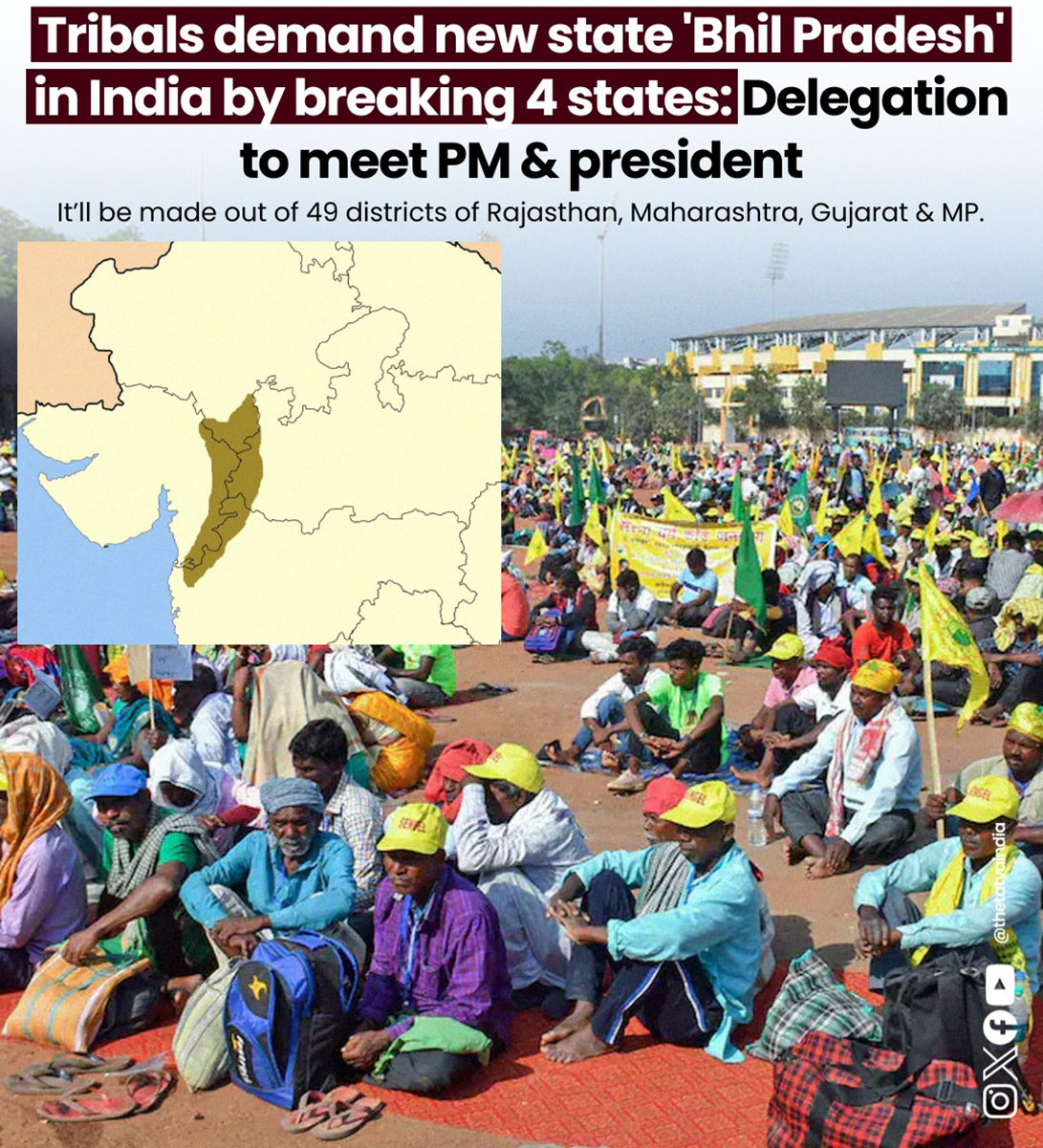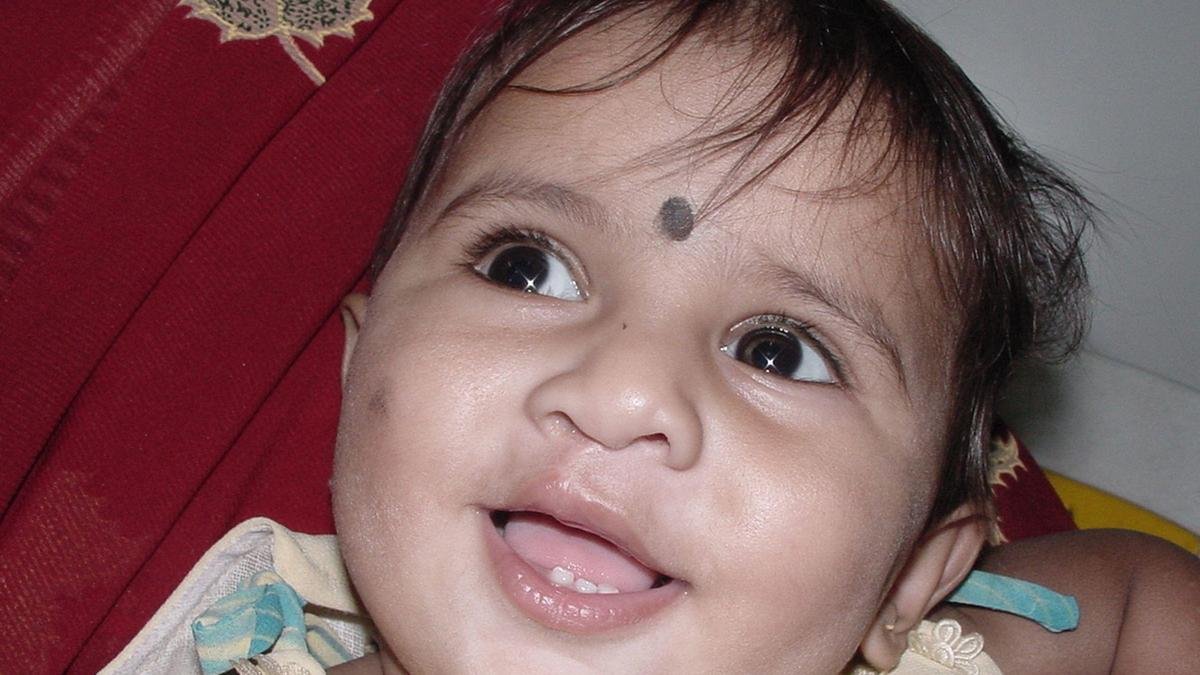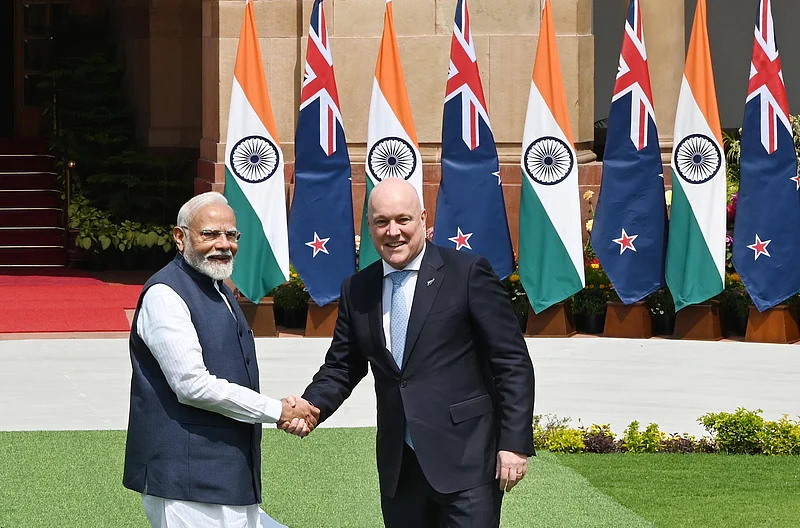The Bhil tribe, one of the oldest tribes in India, has again raised the demand for a separate state, ‘Bhil Pradesh’, comprising parts of Rajasthan, Madhya Pradesh, Gujarat, and Maharashtra.
- This demand has been raised previously by regional parties such as the Bharatiya Tribal Party (BTP) and has been a long-standing issue for the tribal community.
Background
- The Bhil community has been demanding a separate state since 1913, when Bhil social reformer and spiritual leader Govind Guru first raised the demand.
- The demand was raised again post-Independence, with various tribal leaders and parties advocating for a separate state.
- The Mangarh massacre, which saw hundreds of Bhil tribals being killed by British forces on November 17, 1913, in the hills of Mangarh on the Rajasthan-Gujarat border, is often referred to as the “Adivasi Jallianwala”.
Reasons for the Demand
- Historical and cultural identity: The Bhils have a distinct culture and history that is different from the rest of the population. They want to preserve and promote their identity through a separate state.
- Political empowerment: The Bhils feel that they are not adequately represented in the current political setup and want a separate state to ensure their political empowerment.
- Economic development: The Bhils believe that a separate state will lead to faster economic development and better allocation of resources for their community.
- Self-governance: The Bhils want to have control over their own governance and decision-making processes, which they feel is not possible in the current setup.
- Inadequate implementation of laws and schemes: The Bhils feel that various laws and schemes meant for their benefit, such as The Provisions of the Panchayats (Extension to Scheduled Areas) Act, 1996, have not been implemented effectively.
Demographics
- The Bhils are one of the oldest tribes in India, with a population of around 1.5 crore in India.
- They are mainly divided into two main groups: the central and eastern or Rajput Bhils.
- The central Bhils are found in the mountain regions in the Indian states of Madhya Pradesh, Maharashtra, Gujarat, and Rajasthan.
- Bhils are also found in the north-eastern parts of Tripura.
Language and Religion
- The Bhils speak Bhili, which is an Indo-Aryan language.
- The Bhils’ religious practices differ from place to place, but most of them worship local deities like Khandoba, Kanhoba, Bahiroba, and Sitalmata.
- Some Bhils worship the Tiger God called ‘vaghdev‘.
- They consult Badvas – the hereditary sorcerers on all occasions.
Festivals
- The Baneshwar fair is the main festival celebrated among the Bhils, which is held during the period of Shivratri and is dedicated to Baneshwar Mahadev also known as Lord Shiva.
Current Status
- The demand for Bhil Pradesh has gained momentum in recent times, with the formation of the Bharat Adivasi Party (BAP) in 2023.
- The BAP has three MLAs and one MP in Rajasthan, making it an important regional player.
- The party has been vocal about the demand for Bhil Pradesh and has been working towards consolidating tribal votes in the region.
Challenges and Opposition
- BJP’s Tribal Area Development minister, Babulal Kharadi, who has spoken against the demand, citing that creating a state on the basis of caste is not apt and may lead to similar demands from other communities.
- The Congress party, which has been accused of not fulfilling the Bhils’ demands and using them for political gains.
Key Players
- Rajkumar Roat, MP from Rajasthan, who has been a vocal advocate for Bhil Pradesh.
- Dr. Velaram Ghogra, BTP national president, who has been leading the demand for Bhil Pradesh.
- Menka Damor, tribal activist, who has been working towards promoting the Bhil community’s distinct cultural identity.
Implications
- Redrawing of state boundaries: If the demand is accepted, it would require the redrawing of state boundaries, which could have far-reaching consequences for the country’s political landscape.
- Empowerment of tribals: A separate state would provide an opportunity for the Bhil community to govern themselves and make decisions that are in their best interests.
- Cultural preservation: A separate state would allow the Bhil community to preserve and promote their distinct cultural identity, which is an important aspect of their heritage.
Australoids
- The Bhils are considered to be part of the Australoid racial group, which is a classification used to describe the people of Southeast Asia, South Asia, Melanesia, Australia, and other regions in East Asia.
- The idea of the Australoid race came about due to the typological racial classification.
Conclusion
The demand for Bhil Pradesh is a complex and contentious issue that has been raised by the Bhil tribe for over a century. While there are valid reasons for the demand, it also faces significant challenges and opposition. The outcome of this demand will have far-reaching implications for Indian politics and society, and it remains to be seen how it will play out in the near future.





